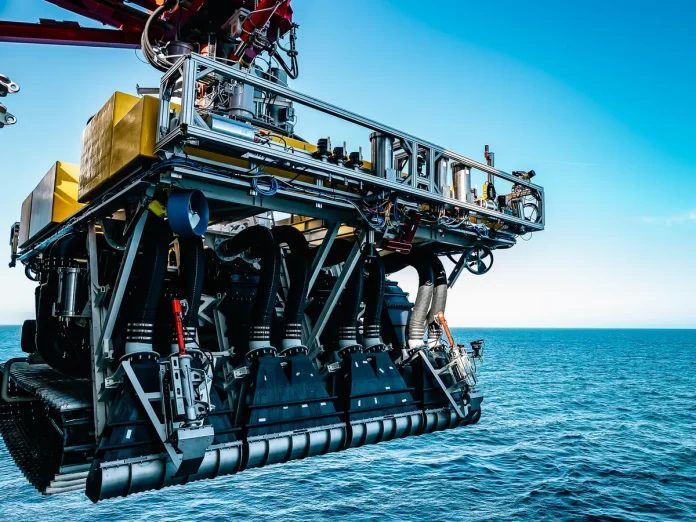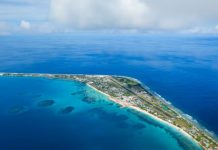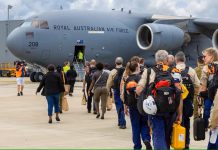A UN agency tasked with regulating the deep sea is debating whether to open the Earth’s watery depths to countries and companies that as of Monday were allowed to start applying for provisional mining licences.
The International Seabed Authority (ISA), based in Jamaica, launched a two-week conference on the issue Monday, a day after it missed a deadline to approve a set of rules and regulations to govern deep sea mining in international waters.
“We have a lot of work ahead of us,” said Juan José González, the authority’s council president.
The authority has issued more than 30 exploration licences but no provisional licences — so far.
The debate on whether to allow companies to extract precious metals from the deep sea that are used in electric car batteries and other green technology comes as more than a dozen countries call for a ban or moratorium given environmental concerns.
Scientists have said that minerals in the deep sea take millions of years to form, and that mining could unleash noise, light and suffocating dust storms. However, companies have argued that deep sea mining is cheaper and has less of an impact than land mining.
Most of the current exploration is focused in the Clarion-Clipperton Fracture Zone, which covers 1.7 million square miles (4.5 million square kilometers) between Hawaii and Mexico. It is occurring at depths ranging from 13,000 to 19,000 feet (4,000 to 6,000 meters).
On Monday, Canada announced that it supported a moratorium because there is no regulatory framework in place nor a deep understanding of the environmental impacts of deep sea mining.
“It is critical that the international community recognise its collective responsibility to safeguard the health and integrity of our shared global ocean for future generations,” the government said in a statement.
The 36-member council of the International Seabed Authority is expected to debate the issue on Friday. But it’s unclear when or if it would actually vote on whether to allow mining in deep international waters given sharp divisions over the issue.
“There’s really no appetite to vote,” said Duncan Currie, an international and environmental lawyer and legal adviser to the Deep Sea Conservation Coalition, a Netherlands-based alliance of environmental groups.
Currie, who was at the conference, said in a phone interview that he envisioned three scenarios: the authority agrees on a legal and technical framework by the end of the year; the issue goes to Germany’s International Tribunal for Law of the Sea if there’s no consensus; or, a metals company submits a work plan to one of the authority’s commissions, which would then have to submit it to the council for a vote.
González, the president of the council, urged members to “stay open and attempt to reach consensus” as he began the conference.
“Hopefully, we’ll be able to reach a decision at the end of the two weeks,” he said.
SOURCE: AP/PACNEWS











